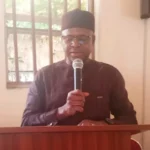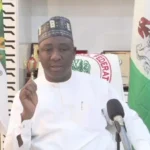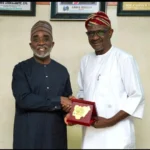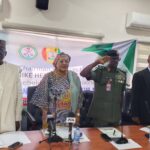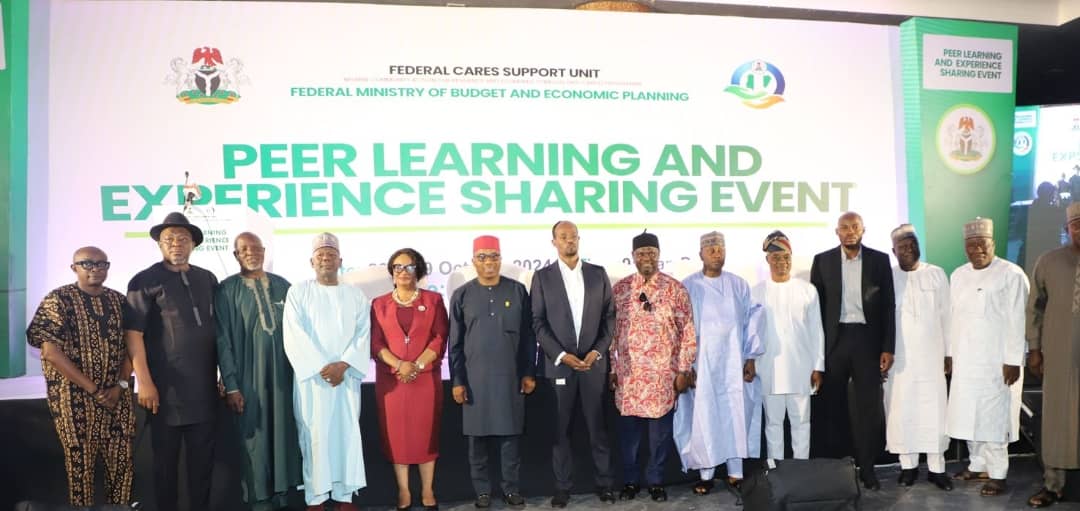By Salisu Sani-Idris
The Nigeria Community Action for Resilience and Economic Stimulus (NG-CARES) Programme will be redesigned to function as a shock response mechanism for the Federal and State Governments.
Dr Abdulkarim Obaje, the National Coordinator of NG-CARES, said this at the National Peer Leaning and Experience Sharing event organised by the Federal CARES Support Unit (FCSU), on Monday in Abuja.
Obaje explained that the NG-CARES programme would be modified to restore livelihood to individuals that were affected by disaster or crisis back to their normal life.
He described the NG-CARES programme as a catalyst for promoting welfare of the poor and vulnerable in the country.
He said that “anytime there is a disaster or there is any crisis immediately after emergency agencies of the country have done their own.
“NG-CARES should come and restore livelihood and to do so on a very sustainable basis in a way that people will not fall back again into poverty.
“So, this is how we are thinking and also to strengthen arms of the state government to continue to serve the interest of the poor and vulnerable in the state.”
Obaje said the success so far recorded by the NG-CARES programme across the country was rebuilding the confidence of the citizens in government at all levels.
“The social contract issue between the lead and the leaders is also being strengthened. The governors are also receptive to the welfare of poor and vulnerable,” he said.
Obaje stated that the total amount of money that the World Bank, through the Federal Government, released to states was 645 million dollars.
He, however, said the results that had been produced and validated by the Federal Government and the World Bank was 835 million dollars.
“That means that they have produced a lots more results than the money we have reimbursed them with,” Obaje said.
Earlier, Dr Lire Ersado, the World Bank Task team leader, said NG-CARES programme would be redesign to focus on climate change, flooding and drought which affects many families.
“How can we use our limited resources in order to mitigate and adapt to the impact of the climate change. We will give a lot of focus on climate impact on poverty and vulnerable people.
“I think those are some of the key innovations we want to add,” he said.
Also, Dr Emeka Obi, Permanent Secretary, Federal Ministry of Budget and Economic Planning, said in its four years of existence, NG-CARES Programme had made significant contributions to the socio-economic landscape of the country.
Obi added that the programme directly impacted the lives of over 15 million Nigerians through its various Results Areas implemented in all the 36 States and FCT.
“This feat was achieved after three rounds of Independent Verification Assessment of results achieved by the States and FCT between 2021 and 2024 which amounts to 835 million United States Dollars.
“However, total reimbursement by the World Bank stands at 645 million dollars which is about 29 per cent excess of the amount reimbursed.
“This overall achievement by states and FCT, is a testament to the commitment of the Subnational Governments to prioritising the welfare of poor and vulnerable Nigerians at this critical juncture in the course of our national development,” said Obi. (NAN) (www.nannews.ng)
Edited by Salif Atojoko





